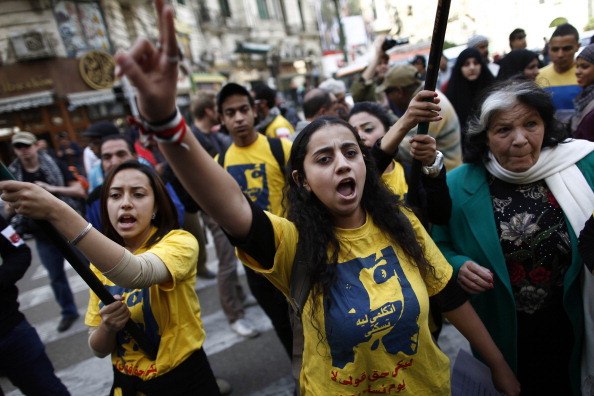
Violence devastates the lives of millions of women and girls worldwide every year (Photo Credit: Mahmud Khaled/AFP/Getty Images)
There’s little doubt that you’ve repeatedly heard about the incessant global epidemic of violence against women and girls; I am certain you’ve seen one too many horrific headlines highlighting unthinkable instances of gender-based violence around the world.
Like me, you’re also undoubtedly distressed by the violence and simultaneously weary of the struggle to end it. It is overwhelming and daunting to grasp how we can work to effectively end this widespread human rights abuse.
But we cannot give up on our efforts. With every day that passes, violence continues to devastate the lives of countless more women and girls in every part of the world. We must continue to push for a solution. SEE THE REST OF THIS POST

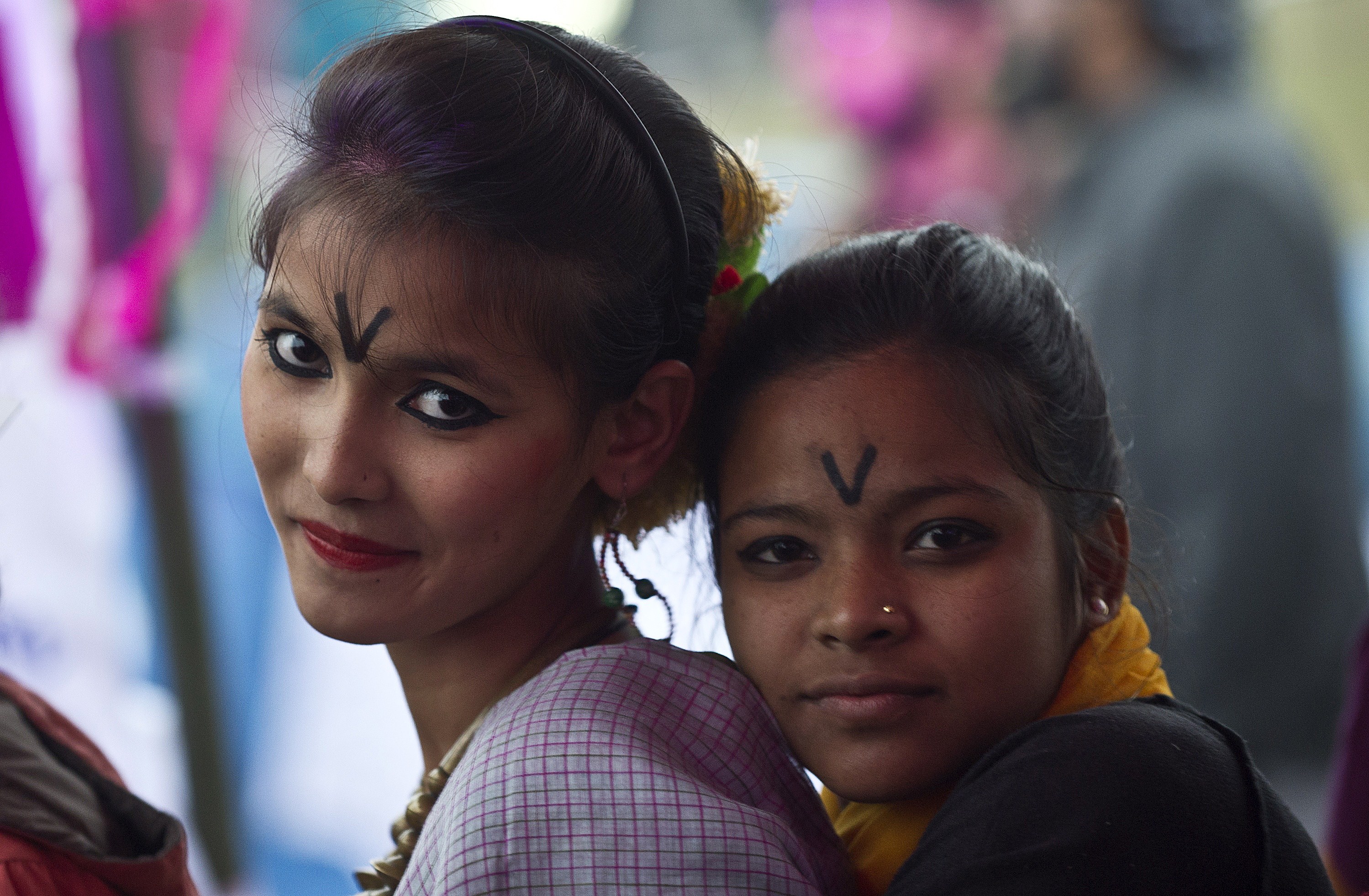
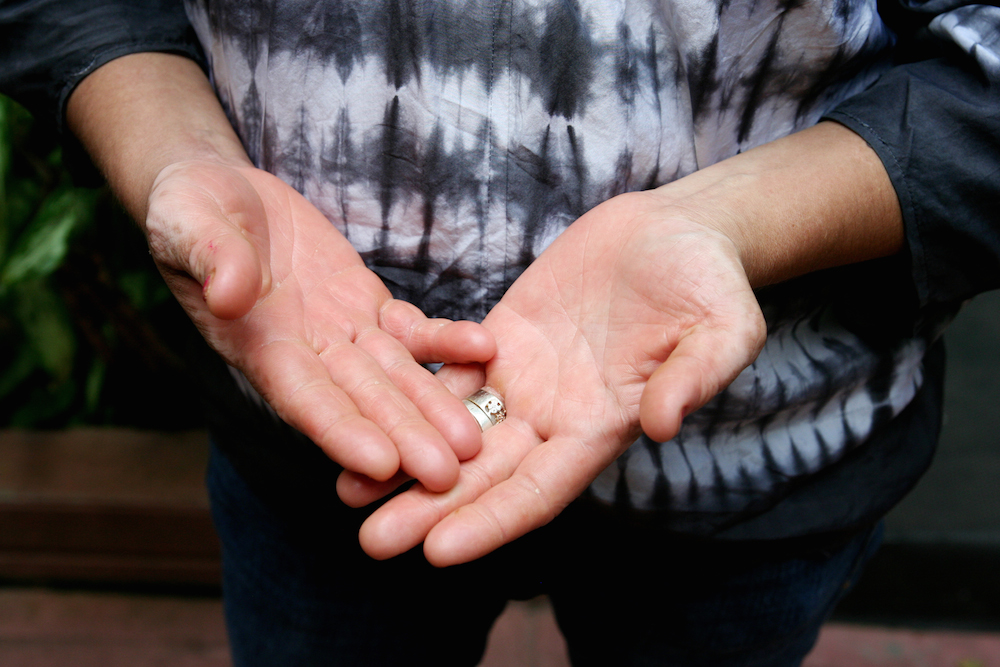

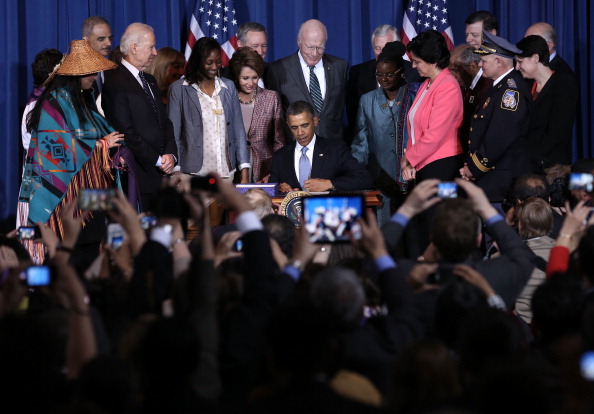
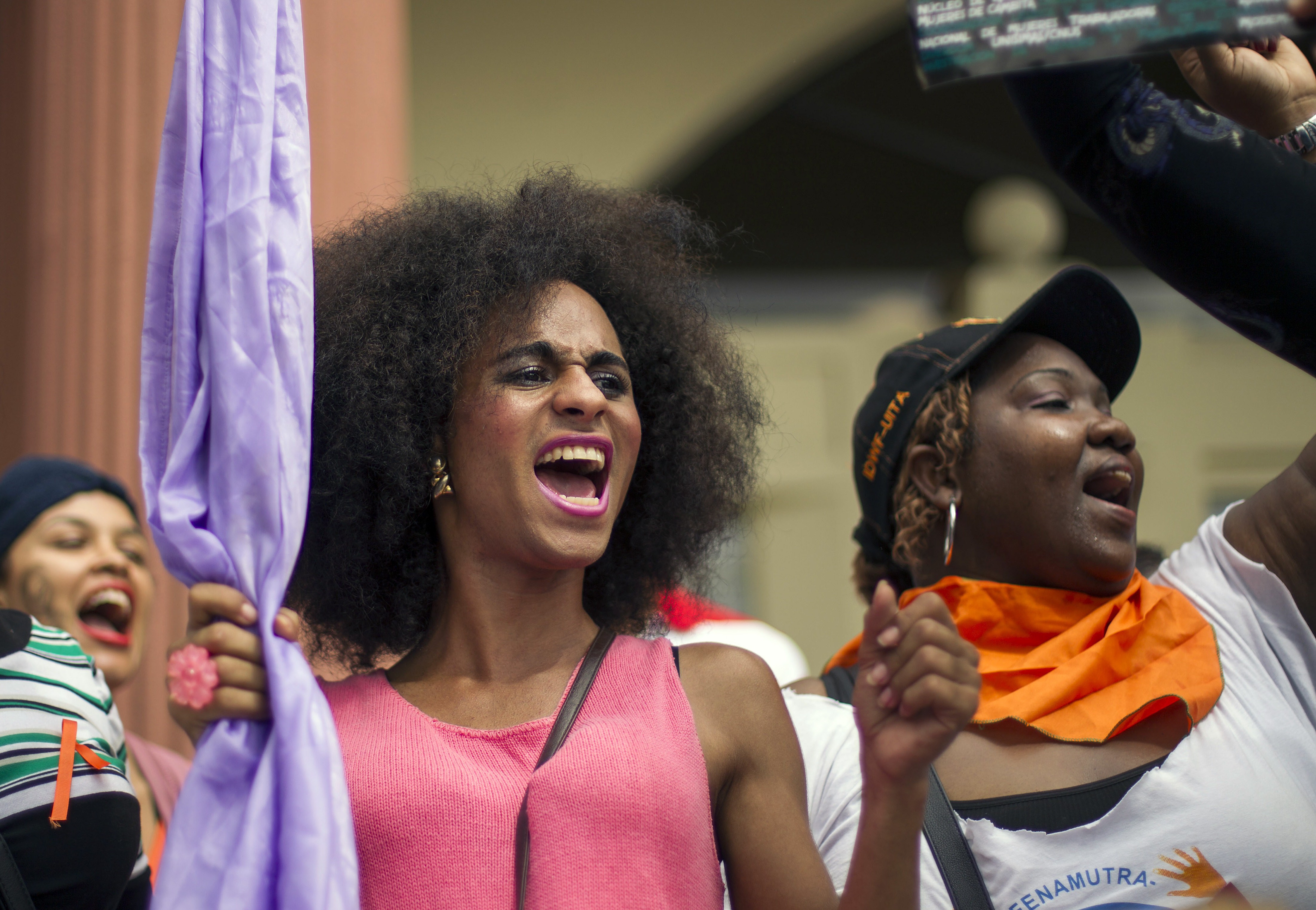
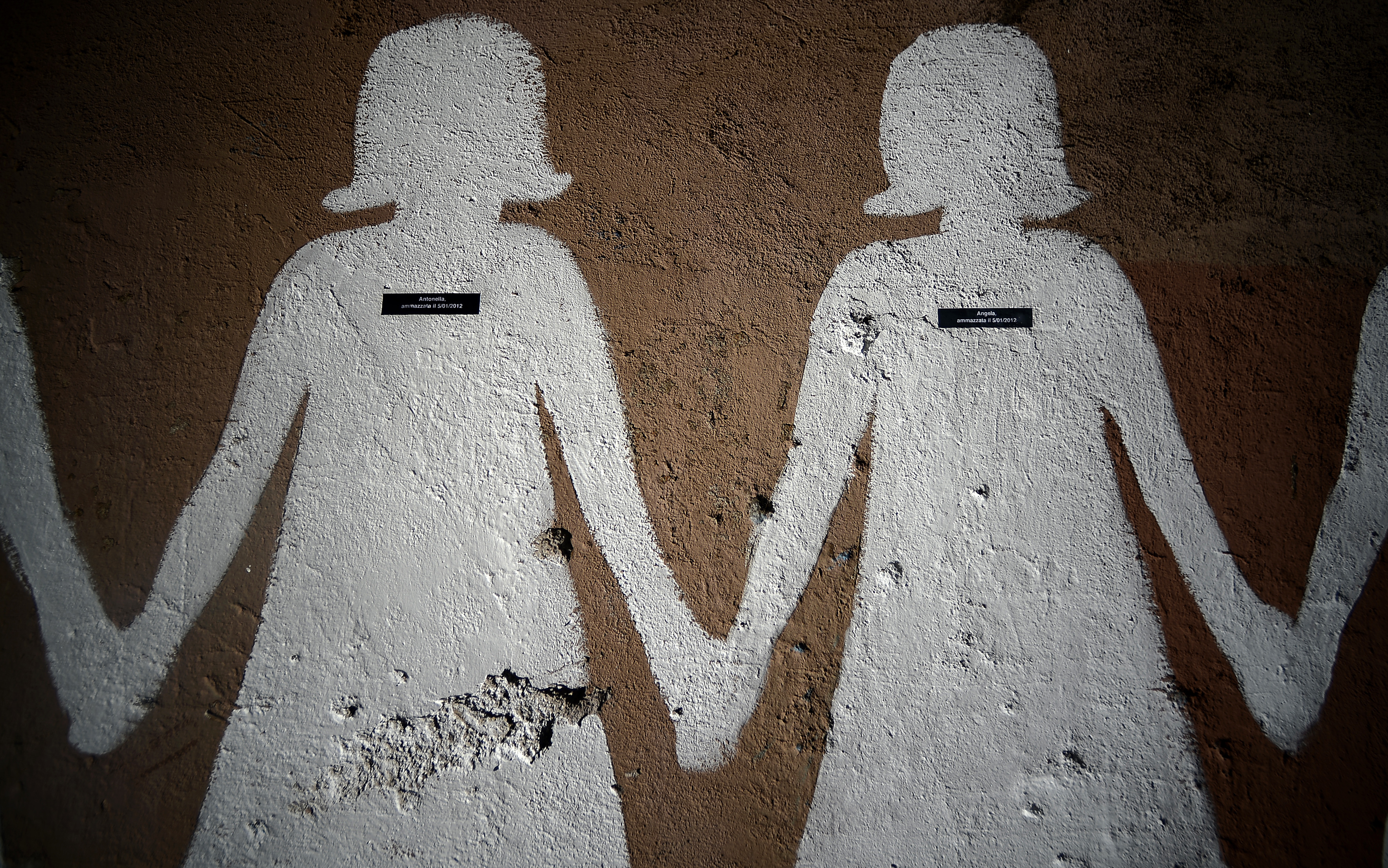
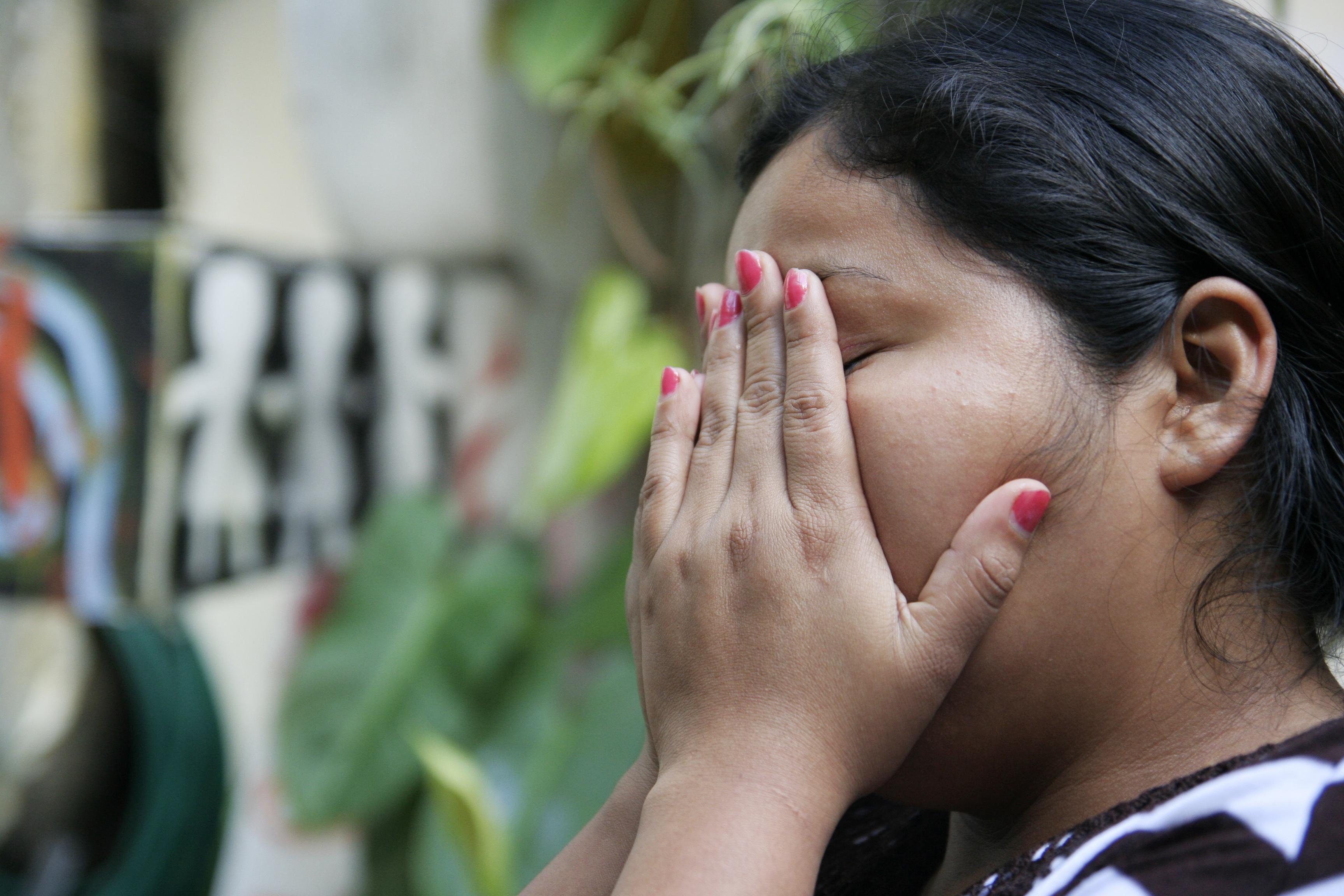
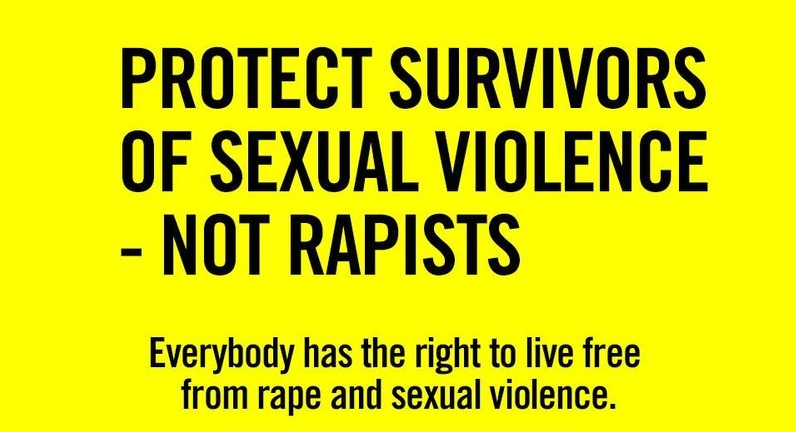 By Heather Schultz, Activist
By Heather Schultz, Activist